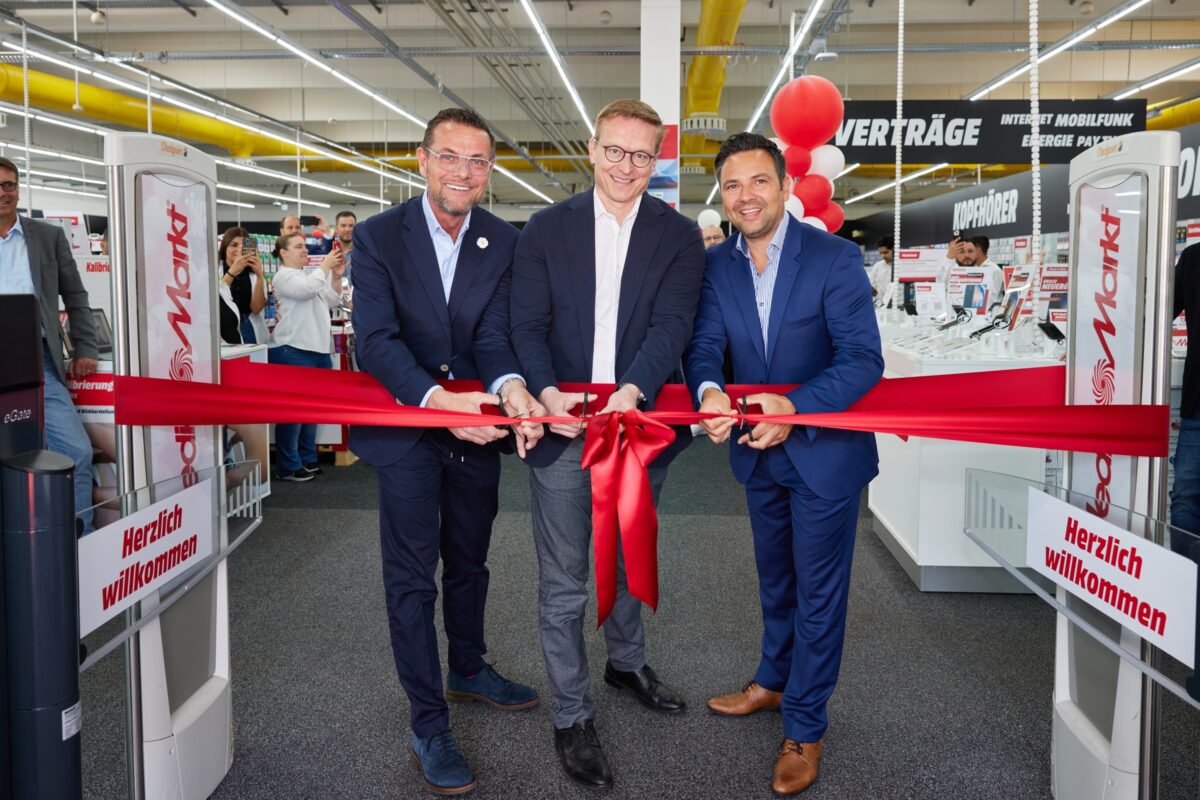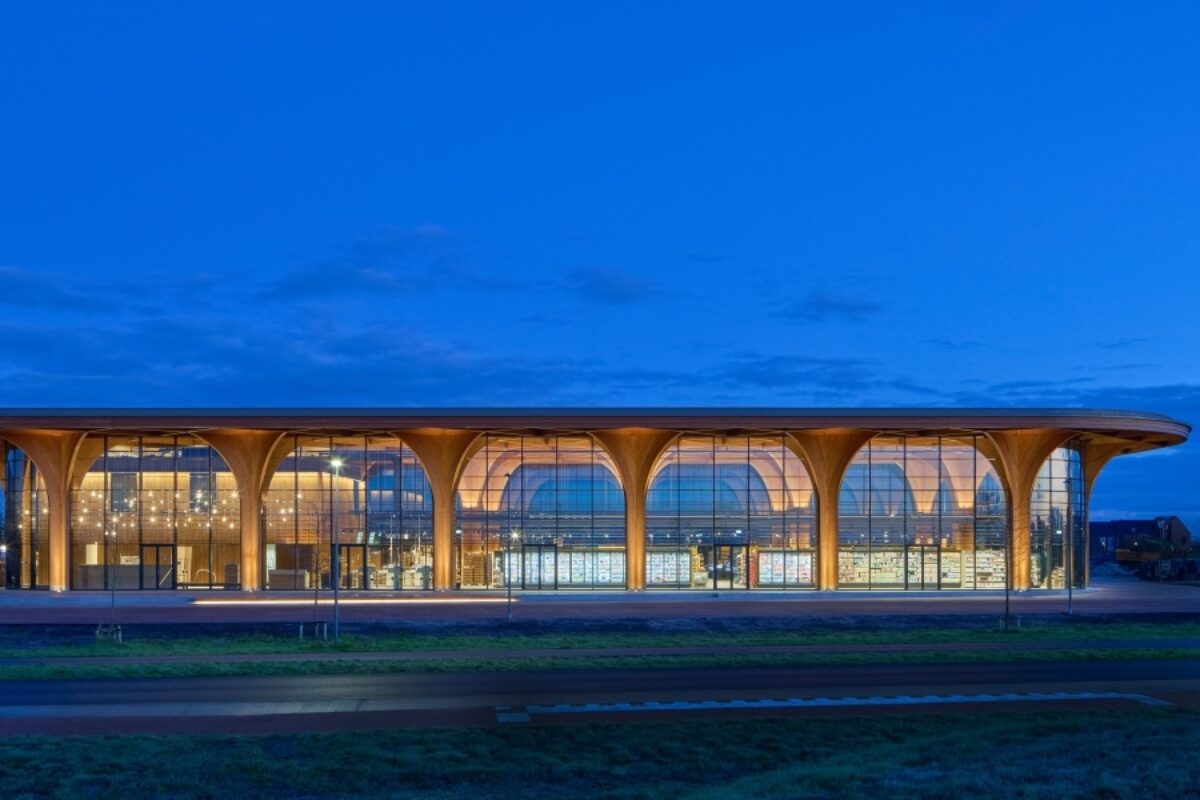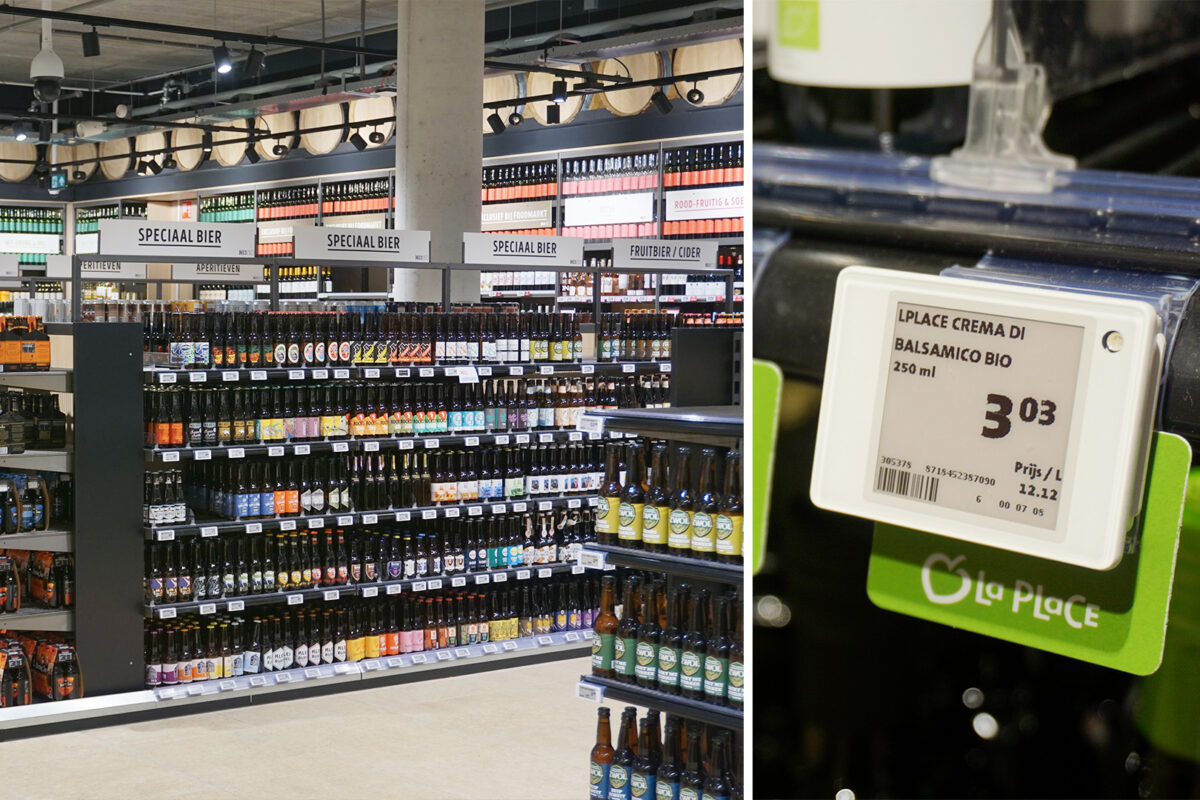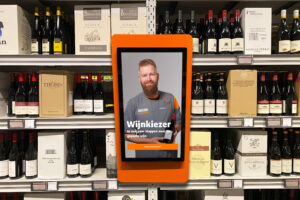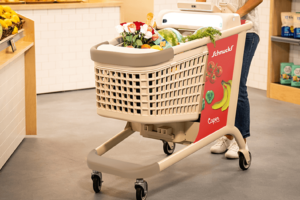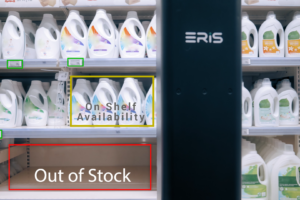Showrooming with samples in brick-and-mortar retail
Brick-and-mortar stores are facing tremendous pressure: competition, pricing pressure, shifting consumer habits. Is setting up your own online store the answer? Unfortunately, it’s not that simple.
Thomas Wetzlar, Managing Director of Scalerion GmbH agrees with this sentiment. In our interview, he crafts a vision of what retail could look like if it focused on its core competencies, and embraced the possibilities of digital technologies at the same time.
Mr. Wetzlar, what are the current trends that shape the consumer goods industry?

Thomas Wetzlar, Managing Director of Scalerion GmbH © Scalerion GmbH
These days, consumer goods are moved into the market via multiple distribution channels. This results in an excess supply of goods that are not purchased by end consumers, prompting prices to drop significantly. The merchandise density is simply very high, especially when it comes to products that are subject to seasonality. We notice that seasonal inventory items such as BBQ grills and garden accessories, but also clothing and footwear undergo a price reduction before they are in actual high demand with end consumers.
And retailers respond by …
… limiting their product assortment to a handful of items that are expected to generate more sales. If retailers can sell as many products as possible at full price, they make a profit after subtracting the costs of goods sold. This means that some product categories generate good profits by selling well, but product assortments no longer feature a wide variety of items. Yet the latter is an aspect that could give retailers an edge over competitors.
You have created an innovative retail concept to remedy the situation. How does it work?
We want to give retailers and the consumer goods industry the chance to interconnect in novel ways. Here is our idea: manufacturers integrate brick-and-mortar retailers as a platform into their direct sales business. Brick-and-mortar retailers open up their customer base to third-party sellers, from whom they get a commission.
What role does your platform play in this setting?
Scalerion is essentially a technology platform that enables retailers to expand and become marketplaces. The idea is for retailers and suppliers to connect via our platform and organize their collaboration.
This collaboration means distributors sell samples to their retail partners, who present them to the end consumer. This allows the consumer goods industry and suppliers to create more touch points with end consumers and present their goods to reach a wider audience without promoting market saturation. Purchased goods are shipped directly to the end consumer, essentially responding to real consumer demand.
How does this benefit the retailer?
Retailers who normally buy a large quantity of these goods at their own risk don’t have to hope that this decision will generate profits, allowing them to offer a wider product mix. The supplier can offer different commissions for different items, and subsequently, pursue a more strategic and targeted approach for their product groups. Retailers can also choose the products they prefer to sell.

© PantherMedia/Eduard Goričev
Even small retailers are often advised to set up their own online store and become mail-order businesses. We think that’s the wrong approach. We want to empower retailers to focus on what they do best: visual merchandising, customer support, and service. Retailers intimately know their customers and their interests and can leverage this knowledge to build product assortments. Thanks to these skills, the retail industry is a vital part of the value chain, and we should strengthen this position.
And you think customers will accept this concept? Don’t they go shopping to get their hands on their purchases ASAP?
I think the enormous success of online retail underpins that the ability to “take items home right away” is not as important to end consumers as one might think. Consumers seek variety and general availability. Centralized warehouses are far better suited to achieve the latter than decentralized stored products at multiple points of sale.
We give end consumers the chance to experience a wide variety of products. This makes stores and city centers more attractive. Just take a look at smaller German cities like Donaueschingen or Castrop-Rauxel: you would be hard-pressed to find any relevant retail in these settings at this stage. That’s not because there is no purchasing power in these towns, but no business in the world – based on the old business model – can compete with the variety online competitors are able to offer. Our platform enables retailers to showcase new products every month without having to order vast quantities of products from all over the country. This creates new shopping worlds. We must dare to rethink retail. A wave of emerging technologies makes this easier than ever before.
Interview: Julia Pott
First published at iXtenso – Magazine for Retailers







